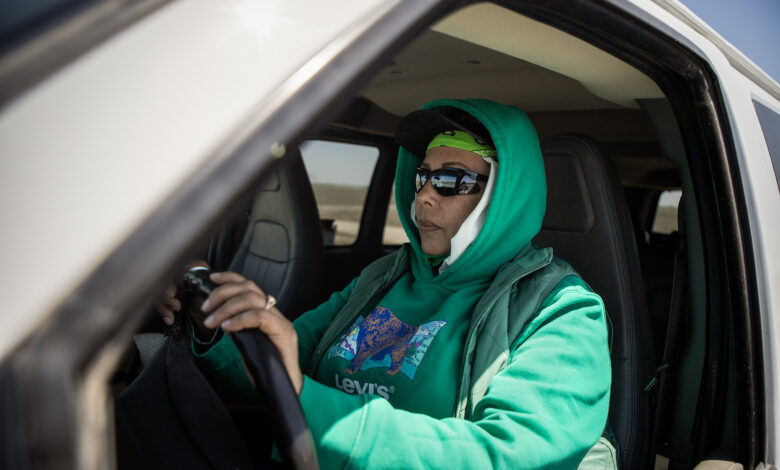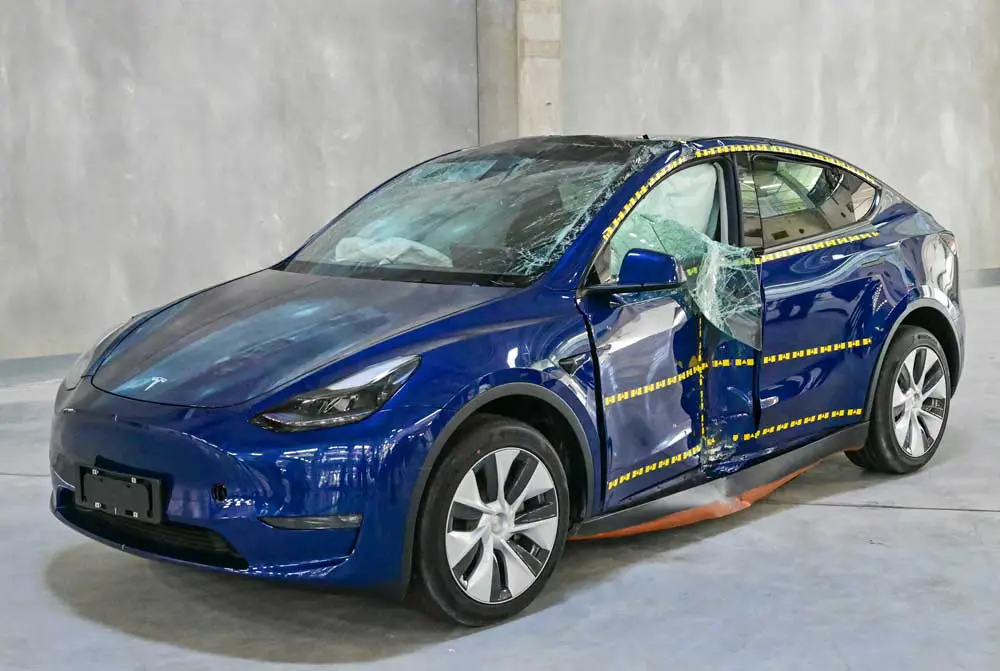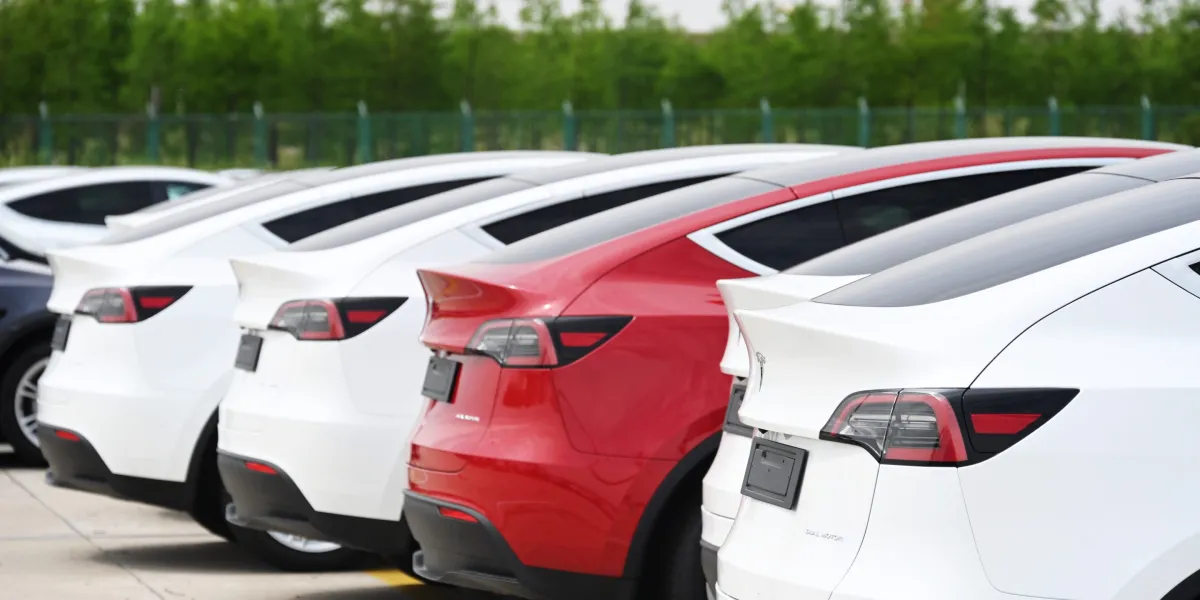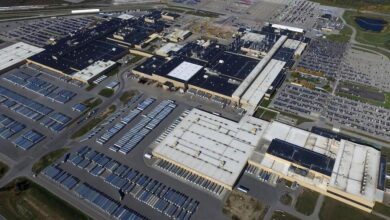Will CA mandate hurt farmworkers?

It’s one solution to fix a flaw in a California law designed to stop farmworkers from being killed in crashes on the way to the fields.
But another state mandate — more electric vehicles to slow climate change — could undermine the CalVans program, explains CalMatters Capitol reporter Jeanne Kuang.
Established in 2012, CalVans provides thousands of farmworkers a safe way to get to vineyards, orchards and fields. The vans are driven by fellow laborers and are an alternative for farmworkers who may otherwise have to ride in unregulated vans managed by contractors (as Jeanne reported recently, crashes involving these unregulated vehicles are deadlier for commuting farmworkers).
But CalVans says it is subject to a requirement for local government agencies to replace all fleets with zero-emission vehicles by 2035. Not only do rural areas lack enough chargers, but also electric vans cost more than $90,000 — nearly double their gas counterparts. CalVans has acquired a handful through agreements with several affordable housing projects under development. But whether the agency can secure future state funding is unclear, as Gov. Gavin Newsom proposed major cuts to electric vehicle programs in his latest budget plan.
Learn more about CalVans’ challenges in Jeanne’s story.
In other climate news, from CalMatters’ Alejandro Lazo:
Of course, California’s efforts to tackle climate change extend well beyond the fields, and a Wednesday event in Berkeley demonstrated how far that reach extends.
U.S. and Chinese officials, including Gov. Newsom and former Gov. Jerry Brown, met at the swanky Claremont Club & Spa to discuss how cities and states in both countries can better cooperate to reduce the greenhouse gas emissions that drive climate change. Newsom took a climate-themed trip to China last year.
Speaking to a mostly Chinese audience, he touted California’s policies and industries, which he credited with helping drive progress on reducing greenhouse emissions (though, in reality, the state is in danger of not meeting its goals). And Newsom depicted California as a place where the U.S. and China can find common ground.
- Newsom: “This transition to low-carbon green growth — radically changing the way we produce and consume energy — we want to dominate that space economically in California. We will never cede that ground, regardless of what happens in Washington, D.C. We are a stable and trusted partner to China and to the rest of the globe.”
The meeting is a result of an agreement last year in San Francisco between President Joe Biden and Chinese leader Xi Jinping to continue cooperation on climate policies, but comes as competition between the U.S. and China remains fierce during the U.S. presidential election.
Biden, who criticized former President Donald Trump’s tariffs on Chinese goods, earlier this month said he was planning to raise tariffs on Chinese electric vehicles.
Xie Feng, the Chinese ambassador to the U.S., in a speech via teleconference, implicitly criticized the policies of both Biden and Trump, referencing the latter’s decision in 2017 to pull out of the Paris climate accord.
- Feng: “Over the past decade or more, China-U.S. climate cooperation has gone through ups and downs. We worked closely to bring the international community to be able to adopt the milestone Paris Agreement, later though, such cooperation was stalled for reasons known to all.”



